Why special education is a focus of Wisconsin's 2025 budget
School districts in Wisconsin are struggling to keep up with special education costs, and parents of students with disabilities are pushing lawmakers to increase funding in the 2025-27 state budget.
By Steven Potter | Here & Now
May 16, 2025
School funding generates high-profile debates over the state budget, and in the 2025 cycle, there’s a push to increase the amount school districts get to cover the cost of special education. Proponents want more state money for students with disabilities to release the pressure that special education costs put on local property taxes.
“Education is a right that we all have,” said Sheboygan resident Tiffany Schanno, the mother of a student with disabilities. “They have a right to every bit of as good of an education as anyone else.”
Students with disabilities make up nearly 16% of all children in the Wisconsin school system. There are more than 120,000 students with disabilities in the state.
These students can have cognitive or emotional behavior issues — speech, health or physical impairments, learning disabilities or a range of other conditions — that require them to have special help at school.
Schanno’s son is one of those students.
“My son Jack is seven years old. He is a lot of fun. He’s a brilliant little boy and he’s also autistic,” she said.
“We’ve struggled finding him the right supports that he needs to be successful in the community,” Schanno explained. “Jack cannot write, so he is able to use assistive technology like speech to text. And he also has a one-to-one aide – someone who’s with him all the time to help him navigate school.”
Right now, Schanno’s son is enrolled in a public school in Sheboygan.
“I think that they try their best,” she said.
But Schanno is worried about Jack’s educational future – primarily because there aren’t enough school staff trained to do the work he needs.
“We have a special education educator shortage. We have a shortage of paraprofessionals who are those adults who work one-on-one with our kids. There are shortages of school psychologists. We don’t have enough speech therapists, occupational therapists,” she said. “We’re expecting general education teachers now to also kind-of step into that special education role — and I don’t think that we set them up for success with that.”
Schanno said the money public schools in Wisconsin get for special education just isn’t enough.
“The funding isn’t there,” she said. “For every dollar that a school spends on special education, they’re reimbursed about $0.30 from the state. We believe that that number should be a lot higher.”
Democratic Gov. Tony Evers agrees.
As part of his state budget proposal for the 2025-27 biennium, Evers would like to double the amount the state spends on special education.
“We’re going to guarantee the state reimburses special education costs at 60% to ensure every kid gets the public education they deserve,” said Evers at his 2025 state budget address on Feb. 18
But that proposal still needs to pass the Republican-controlled state Legislature.
The stakes are high for parents and their kids.
“My older son is eight, and my younger son is five,” said Grafton resident Melissa Custer, also the mother of a child with disabilities. “My older is neurodivergent. He’s got ADHD. He also has some other complex health needs … and then my younger son is five, and he has autism and ADHD, and he also has a speech language disorder.”
Custer said that because of the special education staffing challenges at Grafton School District, she removed him from the local school and now teaches him at home.
Custer and Schanno created the “Learn in My Shoes” outreach campaign earlier in 2025. Together, they’ve been speaking up with other parents about the need for more special education funding.
“Parents are tired of competing for limited resources. They’re tired of excuses, of being dismissed. I know your head’s nodding like you understand, but you really don’t. It’s time for special education to be reimbursed at at least 60% sum sufficient, and we aren’t going anywhere until we have it,” Custer said at a listening session hosted by the Wisconsin Legislature’s Joint Committee on Finance in West Allis on April 4.
In addition to testifying before the state budget committee, parents with Learn in My Shoes are also taking their demands directly to lawmakers, dropping off stories about their special education struggles that are tucked into their kids’ shoes.
State Sen. Chris Larson, D-Milwaukee, is a longtime advocate for increased special education funding. He said that not increasing funding at the state level will continue to cause problems at the local school level.
“We need to get to that 60% or bust, because otherwise, those kids are costing those schools, right?’ said Larson. “And we shouldn’t penalize schools for taking in every child that enters their classrooms.”
What will happen if funding for special education remains at the current level of 30% or less than 30 percent?
“If it goes lower, or if it stays what it is, it’s going to result in property tax increases, which is what we’ve had, right?” Larson said. “But beyond that, they are cut to the bone. People are kind of sick and tired of having to make up for the difference, and people are starting to see that this is the state’s problem, not their local school board that they’ve been blaming.”
That potential blame he is referencing would be toward school districts for going to referendum seeking more funding from taxpayers.
If Evers’ proposal of doubling reimbursement from 30% to 60% passes the state Legislature, that would be an extra $1.1 billion dollars spent on special education over the two-year period.
State Rep. Jessie Rodriguez, R-Oak Creek, says that amount is a very big financial request.
“It’s very difficult to say that that’s something we could possibly do when it costs a billion dollars,” she said.
Rodriguez – who sits on the Joint Finance Committee – said she and her Republican colleagues are listening.
“Special education is something that’s supported by pretty much everyone,” she said
On May 8, however, Republicans on the committee removed hundreds of Evers’ funding proposals – which included more money for special education. But Rodriguez said special education funding increases are still on the table for the budget the Legislature will write.
“I think the desire is to do more, but it’s going to be a lot of discussions to what that number is going to be,” she said.
While the state had about a $4 billion dollar budget surplus as the budget-writing process started, Rodriguez isn’t in favor of using that money to fund special education increases because that’s not a long-term solution.
“We just have that one-time surplus,” she said. “There is an expectation that if we’re going to put more funding into special education, that we need to continue to provide that funding moving forward.”
Parents like Schanno and Custer, however, have grown tired of their children’s needs not being met. They say it’s past time to increase and properly fund special education.
“There’s a lot that needs to be done, I think, and it’s just there’s just not enough to go around right now,” Custer said.
“I don’t believe that it’s fair,” said Schanno, “that these barriers that don’t need to be there keep people from accessing their right to an education, and that affects their entire life.”
Editor’s note: This report is corrected with an updated graphic for state Rep. Jessie Rodriguez, R-Oak Creek.
 Passport
Passport




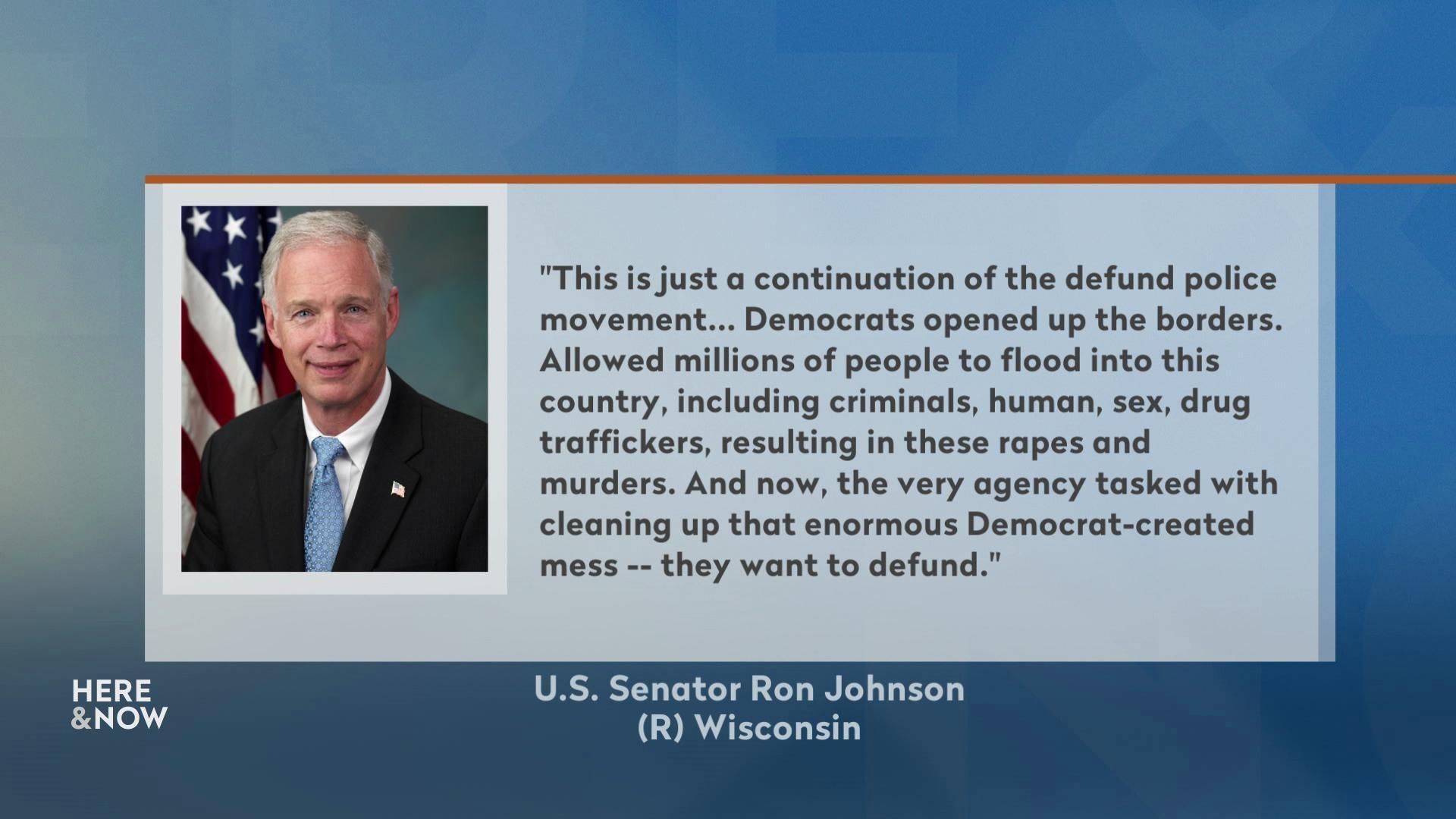
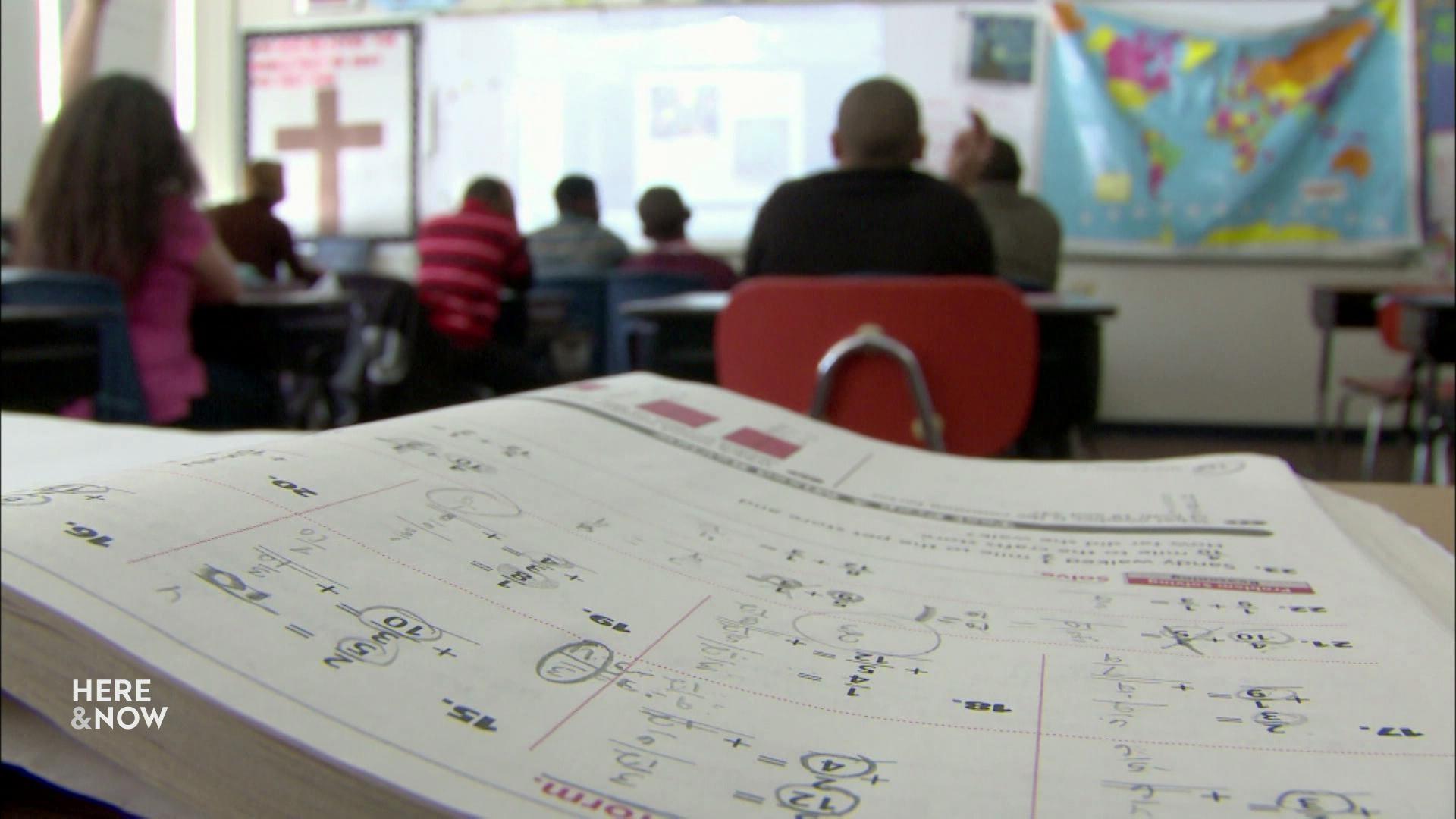
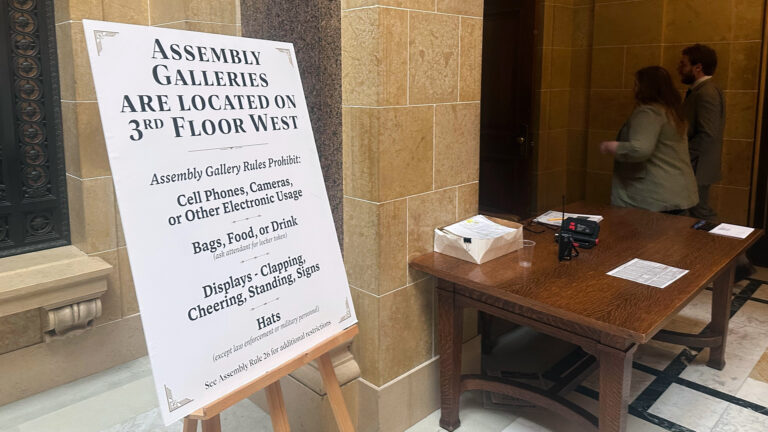
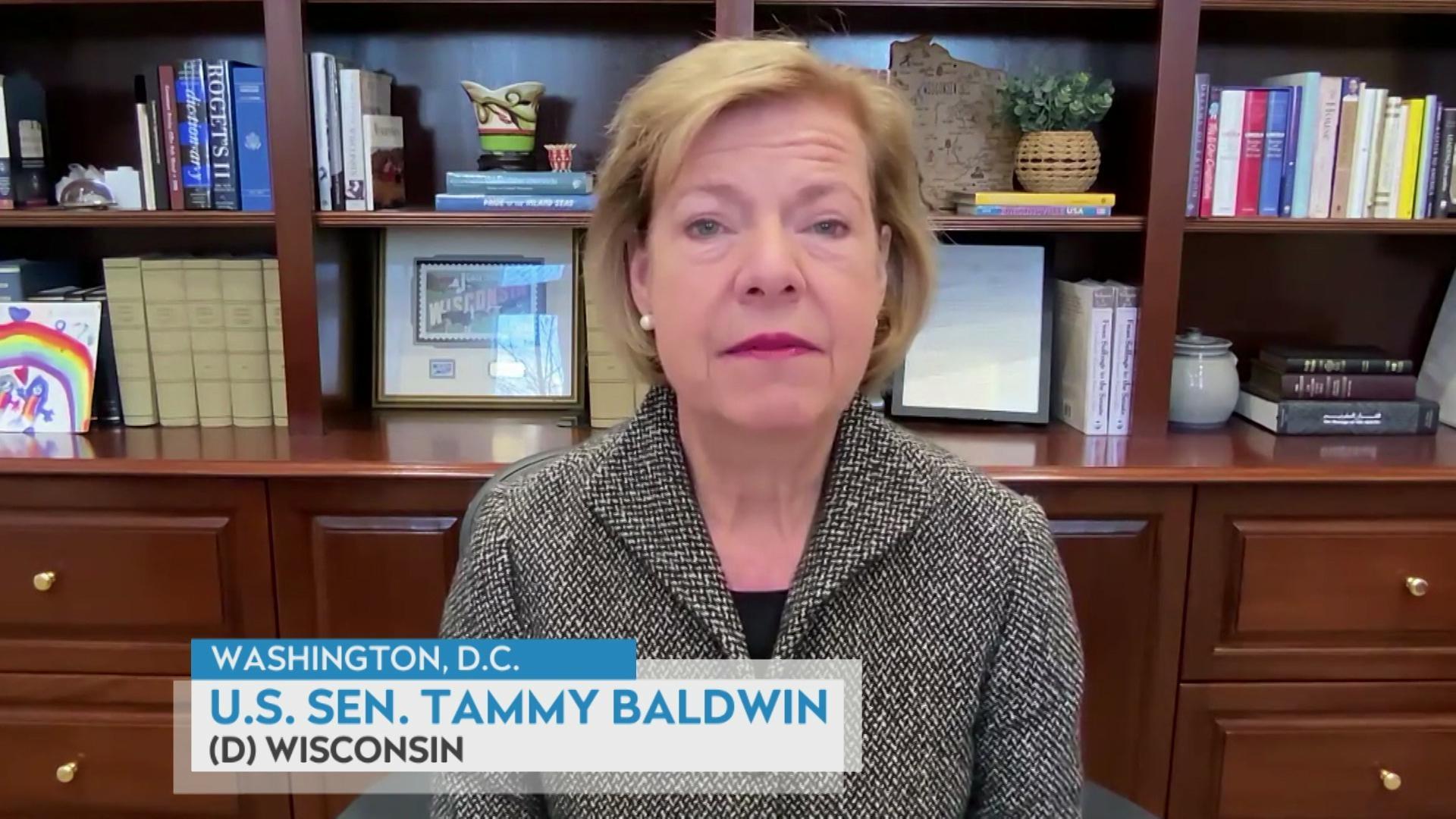
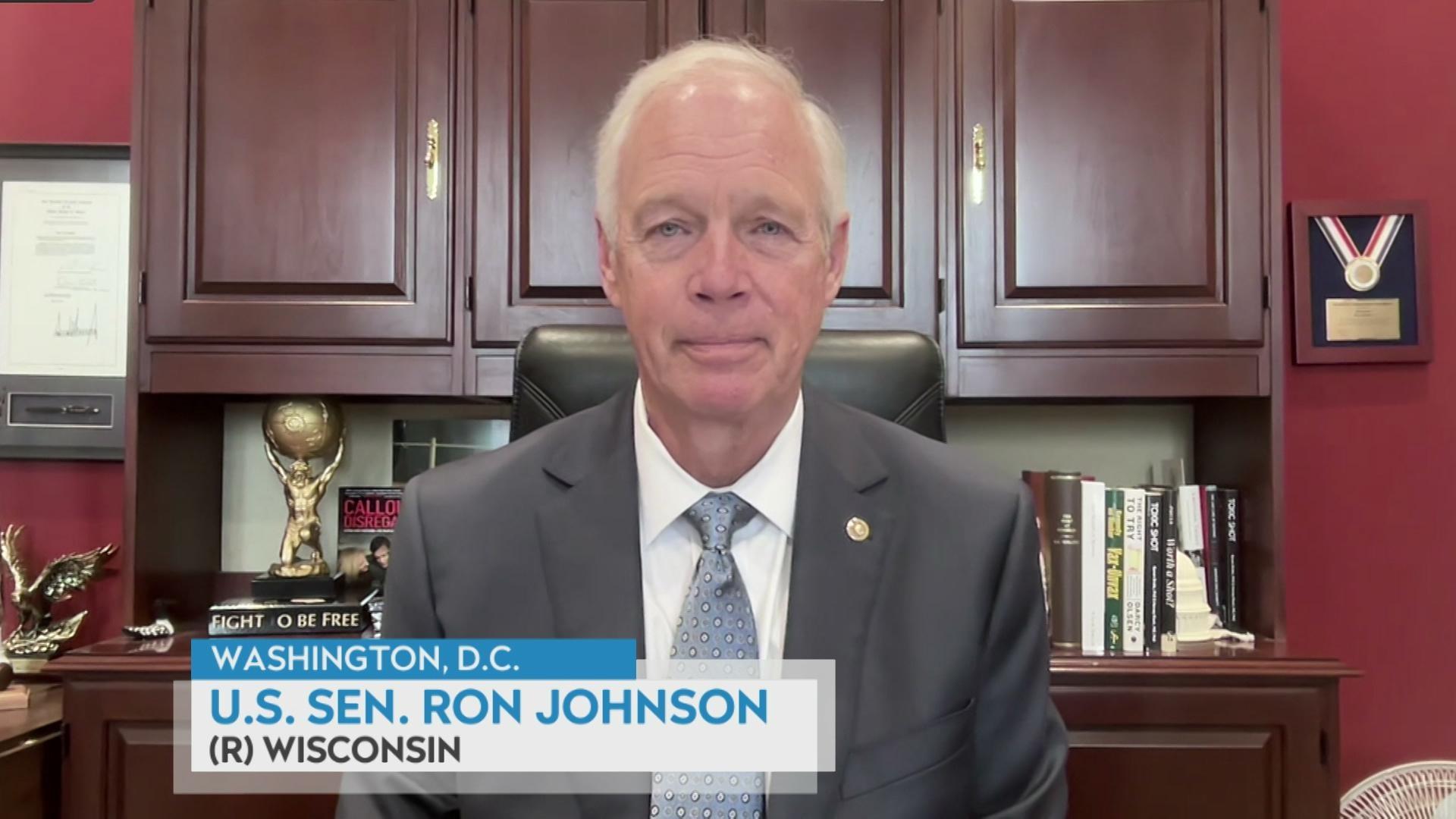
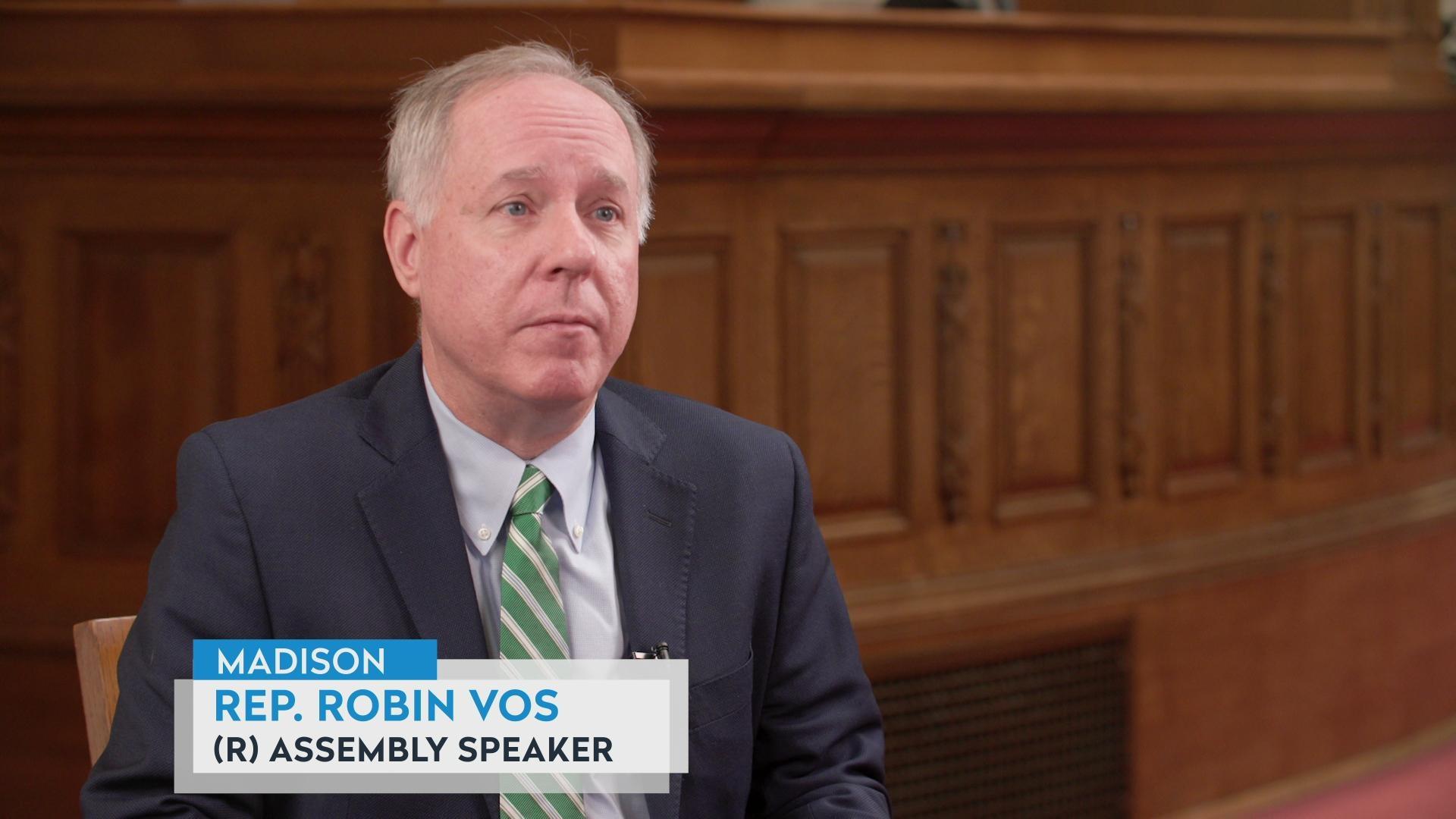

Follow Us